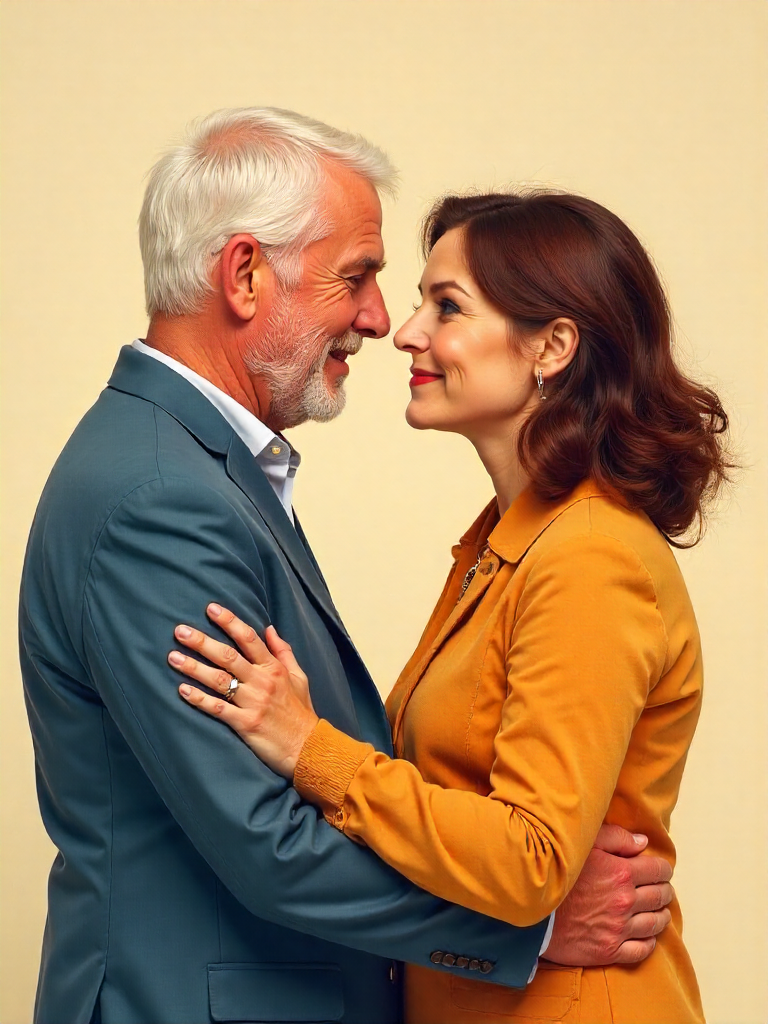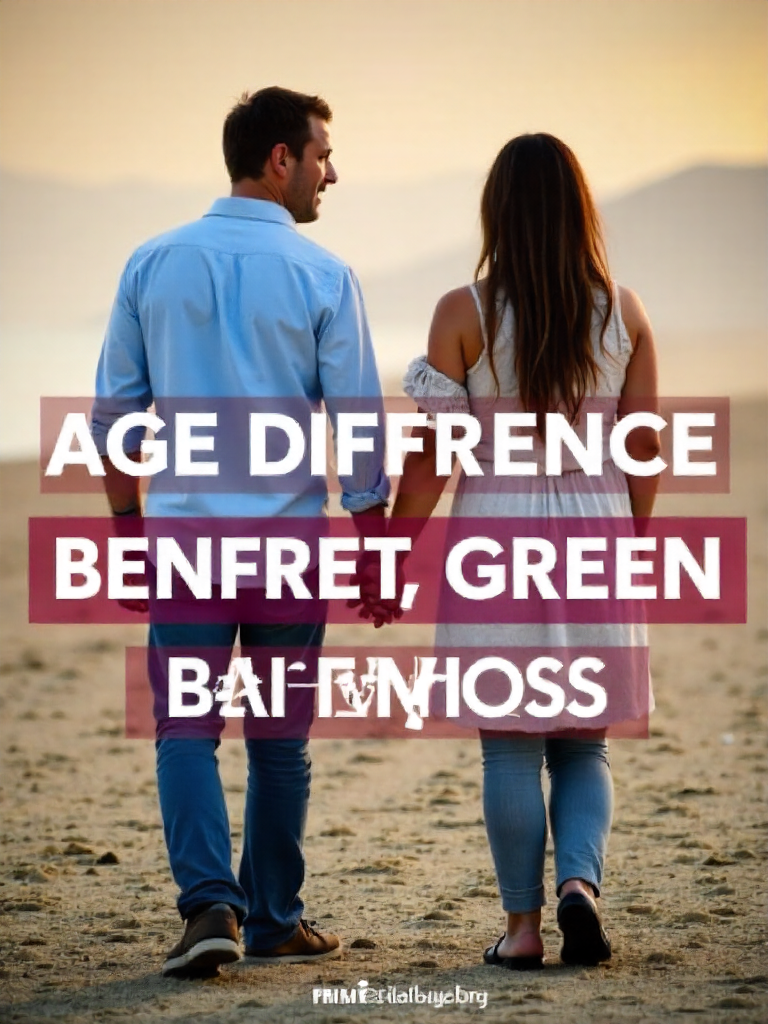Age differences in relationships often spark discussion, as societal norms frequently dictate what is considered acceptable. While these standards may shape perceptions, history and psychology reveal that love thrives beyond rigid rules. Couples with substantial age gaps have long challenged assumptions, demonstrating that emotional connection transcends numerical differences.

Modern relationships vary widely in age dynamics, with some partners being nearly the same age and others spanning decades apart. What captures interest isn’t the gap itself, but questions about power dynamics, stability, and whether the relationship is balanced. However, enduring love hinges more on trust, respect, and shared values than on the year someone was born. Psychologists emphasize that age-gap relationships come with both advantages and obstacles.

Older partners may bring experience and emotional maturity, while younger ones often offer vitality and new perspectives. These contrasting traits can create harmony and mutual growth. Yet, challenges emerge when partners are at different life stages, such as differing priorities in careers, family planning, or lifestyle choices. Open dialogue about future goals is essential to navigating these differences.

Historically, age gaps were common, often linked to societal expectations of stability or fertility. Today, with a growing emphasis on individual freedom and equality, such relationships may face more scrutiny. Public figures frequently draw attention to this topic, with some celebrating their unions for prioritizing passion over convention, while others critique imbalances in power.

These debates often reflect broader societal biases rather than the relationships themselves. Gender roles play a role, as older men in partnerships with younger women are often praised, while older women paired with younger men may face harsher judgment. Couples who focus on their emotional bond rather than external opinions tend to flourish, proving that success depends on maturity, respect, and shared aspirations.

Ultimately, a relationship’s longevity is shaped by factors like emotional resilience, compatibility, and a commitment to growth. Age, while sometimes a point of contention, is just one aspect of a complex connection. True love is defined by how partners support each other, adapt together, and build a life beyond societal labels.





One Comment
https://contentkit.news/age-gaps-in-relationships-more-than-just-numbers/